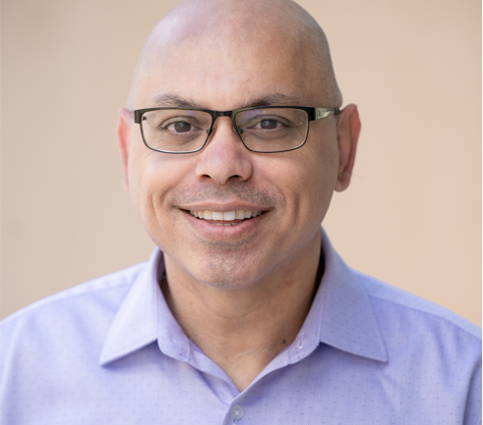
C.C. Mei Distinguished Speaker Series: Prof. Pradeep Sharma
Please join us for the C.C. Mei Distinguished Speaker Series with Professor Pradeep Sharma from University of Houston, who will discuss “Flexoelectricity & Electrets."
The seminar is in-person in Room 3-270.
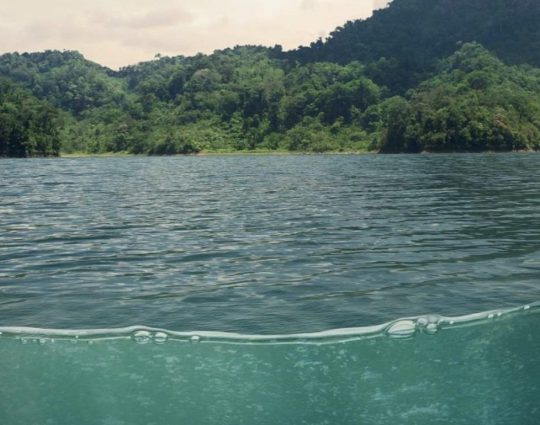
Parsons Laboratory Seminar Series: Lights out for fireflies, moths, and other insects
Please join us for the Ralph M. Parsons Laboratory Seminar Series with speaker Dr. Avalon C.S. Owens from Harvard University, who will discuss “Lights out for fireflies, moths, and other insects."
The seminar is in-person at 15 Vassar Street, 48-316
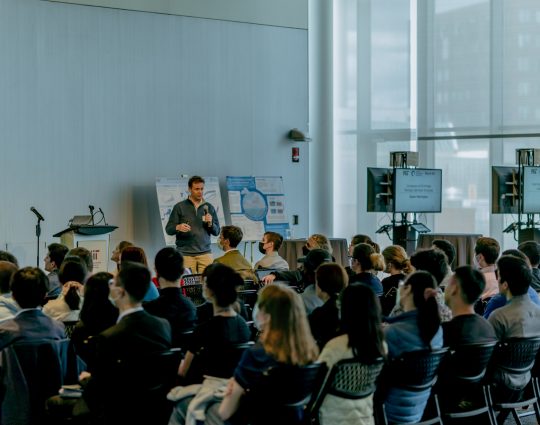
MIT CEE Annual Research Day: CEE for the 21st Century
This event brings together the CEE community for a thought-provoking experience and a great opportunity to discuss civil and environmental solutions for the 21st century through lightning-fast research talks and poster presentations by CEE faculty, students, and postdocs. It will also include light food and drink during the poster presentation reception hour.
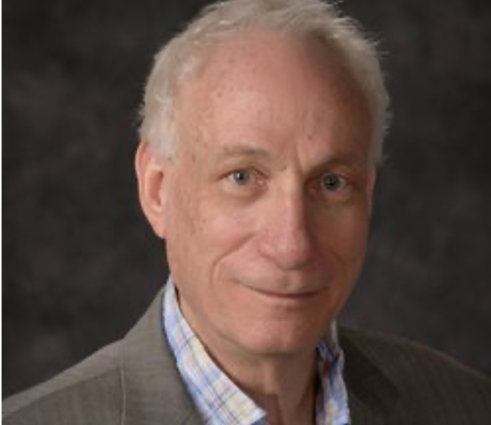
C.C. Mei Distinguished Speaker Series: Prof. Alan Needleman
The C.C. Mei Distinguished Speaker Series was founded and has been organized since 2015 in the MIT Department of Civil and Environmental Engineering, in honor of Prof. Chiang C. Mei. The speaker series provides a vibrant forum for highly distinguished speakers from around the world, to share their research with the CEE, MIT, and local Boston community. Our November 28th speaker is Alan Needleman, University Distinguished Professor of Materials Science and Mechanical Engineering at Texas A&M University.
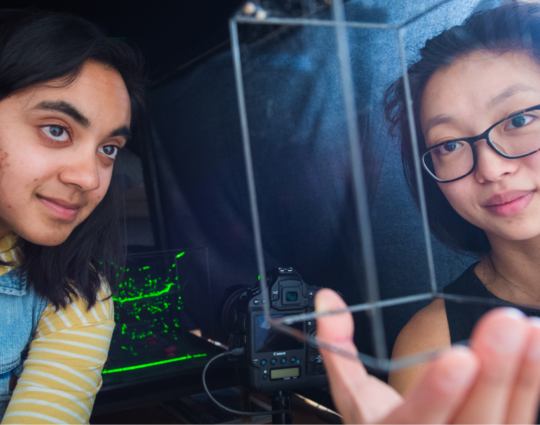
mini-UROP Lightning Lectures
Calling all first-year students! Get a taste of what it's like solving the grand challenges facing our planet in the areas of climate, renewable energy, resilient systems and mobility, and sustainable materials and infrastructure. Gain hands-on research experience over IAP, working closely with a CEE graduate student or postdoc. Learn more about this year's research projects at our mini-UROP Lightning Lecture happening on November 16 in 1-390.

Interdepartmental Program in Transportation / MIT Mobility Initiative Information Session
This webinar will provide an overview of MIT's Interdepartmental Program in Transportation including the Master of Science in Transportation (MST) as well as the Interdepartmental Doctoral Program, and the admissions process.
Led by the Director of the Transportation Program, Jinhua Zhao, and Admissions Staff
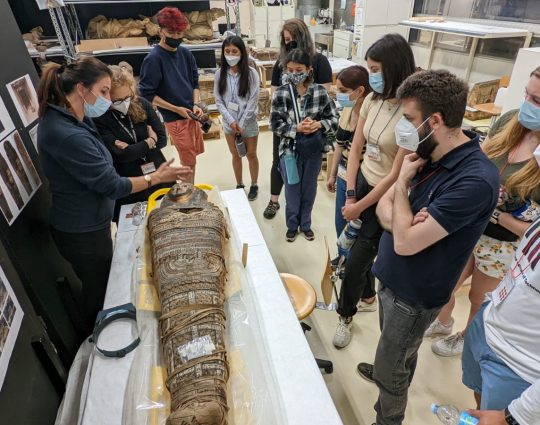
Undergraduate Open House
Climate change, resilient infrastructure, transportation logistics; these are just some of the timely challenges that Course 1 undergraduate students are taking on. If you’re interested in learning more about the undergraduate program in Course 1, join us on, November 14 at noon in 1-131. Learn more about our undergraduate program and fieldwork experiences, chat with our faculty and current students, and see for yourself why Course 1 is the course for you! Lunch will be provided!
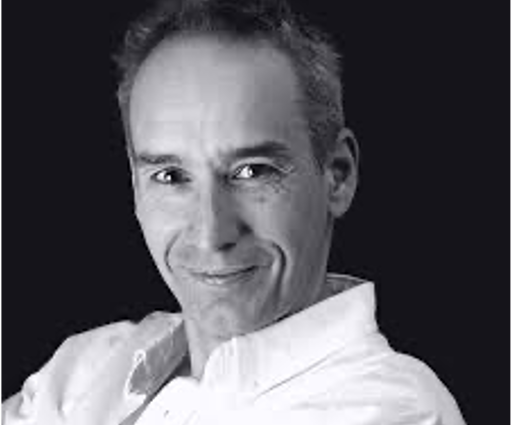
C.C. Mei Distinguished Speaker Series: Prof. Alain Goriely
The C.C. Mei Distinguished Speaker Series was founded and has been organized since 2015 in the MIT Department of Civil and Environmental Engineering, in honor of Prof. Chiang C. Mei. The speaker series provides a vibrant forum for highly distinguished speakers from around the world, to share their research with the CEE, MIT, and local Boston community. Our November 14th speaker is Alain Goriely, Statutory Chair of Mathematical Modelling at the University of Oxford, Mathematical Institute.

CEE and Transportation MIT Graduate Student Life Session
This information session will feature current graduate students from the CEE and Transportation degree programs, sharing a glimpse of life outside the lab and answering your questions.
Led by current CEE and Transportation students, along with Civil and Environmental Engineering Admissions Staff

Parsons Laboratory Seminar Series: Mixing, Morphology, and Melting in Homogeneous Isotropic Turbulence
Please join us for the Ralph M. Parsons Laboratory Seminar Series with speaker Blair Johnson from University of Texas, who will discuss “Mixing, Morphology, and Melting in Homogeneous Isotropic Turbulence"
The seminar is in-person at 15 Vassar Street, 48-316
For more information or how to attend this seminar virtually, please contact lumidi@mit.edu

